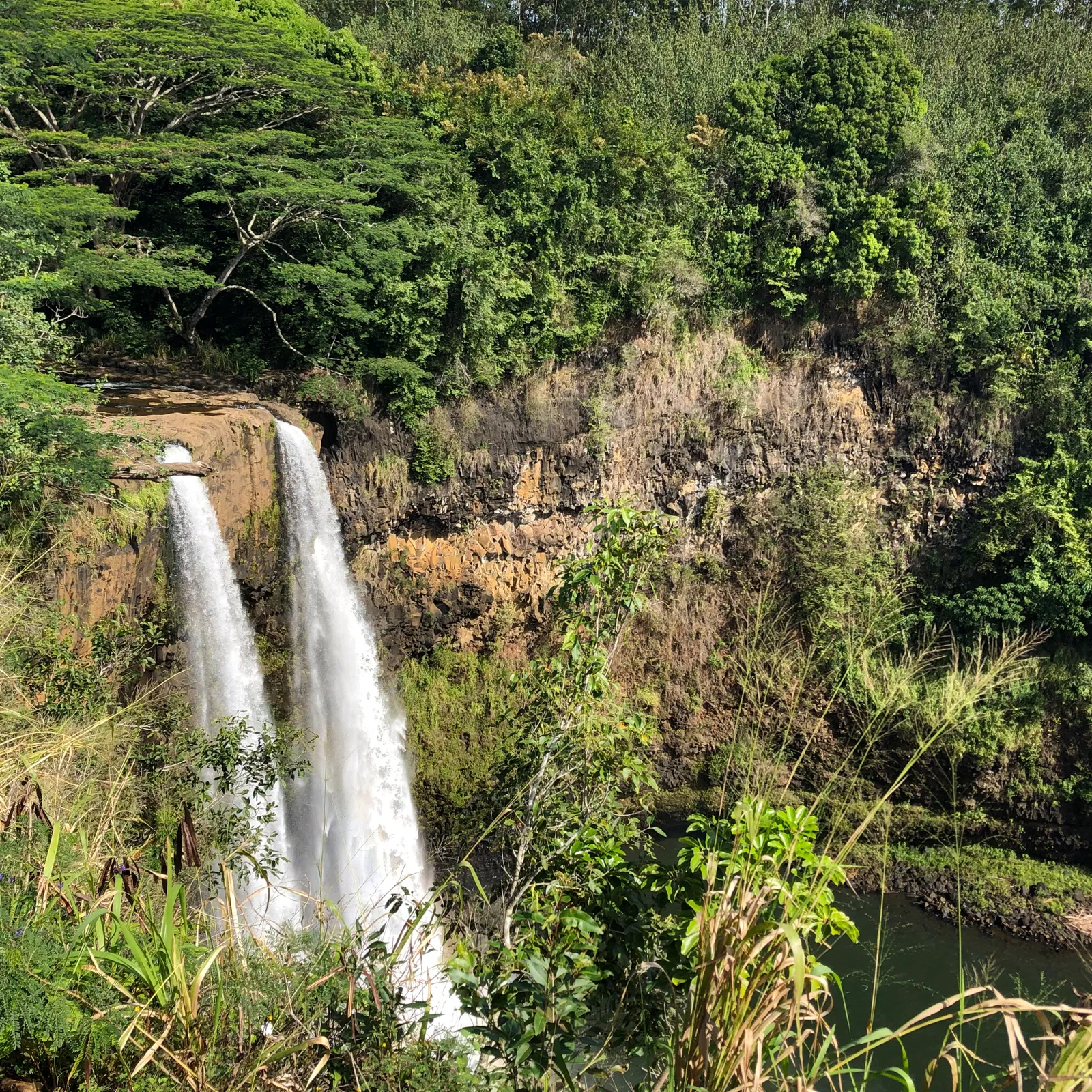The children never cease to amaze me. When we were shopping for easy assembly shelving, and bought a rubber mallet to bang the stuff together with, Leah took to the rubber mallet like it was her best friend. She carried it everywhere, named it Mallet, taught it to dance, had it sit on the car seat with her on the way home, had it pretend to talk to her sisters... all in all, she treated it just like a doll. Mallet even had a necklace to wear. The game lasted for a few hours but was very intense. Play truly is the work of the young child! There was a review in the May 2010 issue of The Atlantic
The reviewer states that
- "Unlike animals that hurtle from infancy to puberty, the humans who have escaped the risks of infancy but not yet embarked on the risks of adulthood experience an sort of mini-transformation during the 'five-to-seven shift,' and emerge with markedly enhanced powers of cognition in a period of slow growth." [emphasis added]
This is something that Waldorf advocates already strenuously defend. A PLAY BASED KINDERGARTEN is most appropriate for the five and six year old child. Early exposure to academic content is not the key to future success.
The reviewer also notes that the smartest mammals are the most playful (think of dolphins) so -- Konner's theory goes -- these traits may have evolved together. Although play is apparently pointless (to those of us who are already past that stage of development), it seems "to have multiple functions -- exercise, learning, sharpening skills -- and the positive emotions it evokes may be an adaptation that encourages us to try new things and learn with more flexibility. It fact, it may be the primary means nature has found to develop our brains."




 Immersive Experience
Immersive Experience Immersive Experience
Immersive Experience






No comments:
Post a Comment